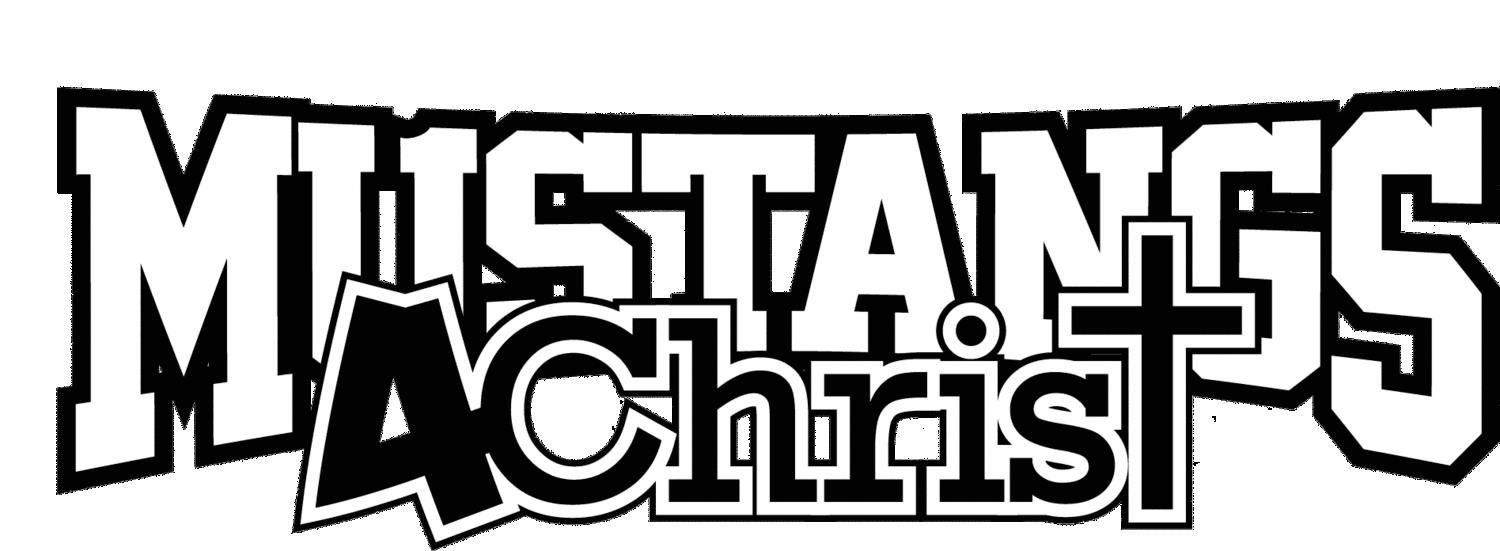Repairs
/This might be hard to believe, BUT there is a pretty big difference between identifying a problem, and fixing it. Shocking I know, but seeing a problem is NOT the same as fixing it.
I came to this realization recently when my car broke in the mountains, the middle of nowhere, miles from civilization, in the middle of a snow storm. My front passenger CV joint broke, which means that the front passenger wheel's axle wasn't properly connected, and was just spinning inside the joint. Subaru All-Wheel-Drive Traction Control works by sending power to the wheel with the least resistance to help regain traction. When one of the four wheels has absolutely NO resistance it gets 100% of the power and the other three wheels get nothing (doesn't really make sense to me, but it's been amazing in snow & ice so far). When none of your wheels are getting power, it becomes quite difficult to drive, especially in the mountains. When your car breaks down in the mountains (where there is no cell reception) you're basically up a paddle without a creek.
You might be thinking "wow, how unfortunate, a sudden breakdown like that" and you'd be right if it had been a sudden breakdown. The reality, however, is that it wasn't.
Rewind 16 months to July of 2012. I'm working in Lake Dallas, Texas and hopping in my car to drive to a youth event. Right when I pull into the street, my wheel jerks to the right and I hear a popping sound. I'd heard it once before so I got out and took a look at the CV joint. I was pretty sure it was broken but I sent a picture to Seth Meyer, my good friend who happens to be a Subaru mechanic, for confirmation. He confirmed that it was in fact a broken CV joint and advised me to fix it before driving back to Colorado at the end of the summer. I didn't.
In fact, I never fixed it.
I did think about it every once in a while on sharp turns that produced the same popping sound, I even complained once or twice about how it was affecting my cornering ability, but I never fixed it.
If you had asked me if anything was wrong with my car I would have said "yeah, the front passenger CV joint is broken, but I can still drive on it fine." That statement was true, until I decided to go off-roading on some pretty rough terrain. We were almost back to the nice smooth maintained dirt roads when I heard the CV joint break.
Knowing what was broken did me absolutely NO good when I got stranded out of reception in the mountains in a snowstorm.
People are the same. We are excellent at identifying problems (See: the U.S. Government and it's debt problems) but not so great at fixing them (See: the U.S. Government and it's debt problems). I can diagnose 100 things that are wrong with me at any given time, but I struggle to fix even one of them.
Christians are particularly good at this. We find things we don't like or things we believe to be broken ALL over the place. We talk about them, read about them, blog about them (this blog post is hypocritical, I know) but we RARELY take steps to fix any of them. Even worse, we often aren't willing to give anything up to fix things.
My breakdown happened during the government shutdown. The Buddhist commune groundskeeper that picked us up had some pretty wise things to say about it all. I say wise, but in reality, his wisdom was in his willingness to point out the obvious; The government had identified the problem but was too stubborn to fix it. Both parties knew what was wrong. If they knew what the problem was, why did the government shut down? The answer is simply this: neither side was willing to sacrifice anything.
You think the church should be doing more to help the poor? What have you sacrificed to make that happen?
You think churches should be more welcoming of homeless people? When was the last time you picked up a homeless man on your way to church?
You think your church should be better at reaching out to visitors and non-christians? When was the last time you invited a complete stranger into your home for a meal? Or the last time you knocked on your neighbor's door in an effort to try and bless them?
You think people in your church are inauthentic or hypocritical? Are you 100% honest about everything in your life with EVERYONE at church?
I knew what was wrong with my car WAY before I became stranded because of it. I had the money and time to get it fixed, I just kept choosing other things instead. I could have prevented the whole thing by taking the obvious steps to fix a minor problem before it got worse, but I didn't.
While Jesus may have been talking about one woman's sin when he said "Whoever is without sin, throw the first stone," I think it is incredibly applicable to the way people talk about and view church. We've been standing in a circle throwing stones at "the church" for so long, that we don't realize we're bludgeoning ourselves to death. It doesn't do anyone any good to sit around and talk about how horribly mangled something is, if you really care about the state of the church, do your part to fix it.
If you really believe the church is broken, BE the church and FIX what's broken within yourself.

